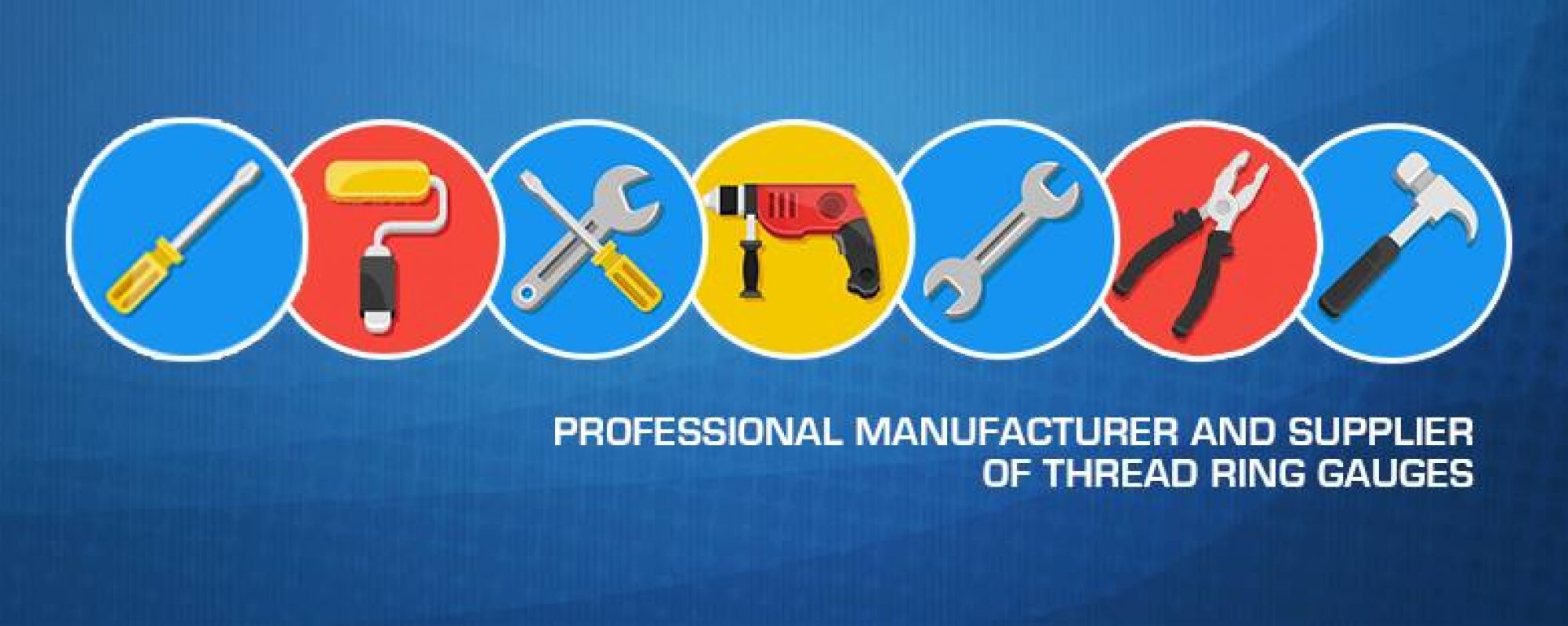
Thread tapping is a crucial process in the manufacturing industry, where threads are cut into materials such as metal, plastic, or wood. This process involves using a tool known as a thread tap to cut threads into a pre-drilled hole. However, during the thread tapping process, it is common for thread taps to break, leading to costly downtime and potential damage to the workpiece. Here are some tips for preventing frequent breakage of thread taps such as UN thread tap during the thread tapping process.
One of the most common reasons why thread taps break frequently is using the wrong size or type of thread tap. It is important to ensure that the thread tap used matches the size and type of the pre-drilled hole. Using a thread tap that is too small or too large can cause excessive stress on the tap, leading to breakage. Choose the right type of thread tap for the material being tapped, as different materials require different types of taps.
Lubricating the ACME thread taps is essential to reduce friction and heat during the thread tapping process. Friction and heat can cause the thread tap to wear out quickly and potentially break. Using a suitable cutting fluid or tapping oil can help to reduce friction and heat, extending the life of the tap and preventing breakage.
Controlling the feed rate and speed is crucial to prevent thread tap breakage. Excessive feed rate or speed can cause the thread tap to break due to the high forces generated during the process. The feed rate and speed should be adjusted according to the material being tapped and the size of the thread tap. It is important to use the recommended feed and speed rates for the thread tap being used.
Using a suitable tapping machine can help to prevent thread tap breakage. The machine should have the appropriate horsepower and torque capacity to handle the size and type of thread tap being used. The machine should also be in good working condition and properly maintained to prevent any issues that could lead to thread tap breakage.
Keeping the thread tap clean is important to prevent breakage. Do not let the debris and chips accumulate on the tap as it could result in breakage of the thread tap. It is important to use a suitable cleaning tool to remove any debris and chips from the tap regularly during the tapping process. A clean tap can also help to improve the accuracy and quality of the thread.
Using the correct cutting angle is important to prevent thread tap breakage. The angle should be appropriate for the material being tapped and the size of the thread tap. Using the wrong cutting angle can cause excessive stress on the tap, leading to breakage.
Using high-quality thread taps is essential to prevent breakage. Investing in high-quality thread taps may be more expensive upfront, but it can save time and money in the long run by reducing downtime and preventing damage to the workpiece.
